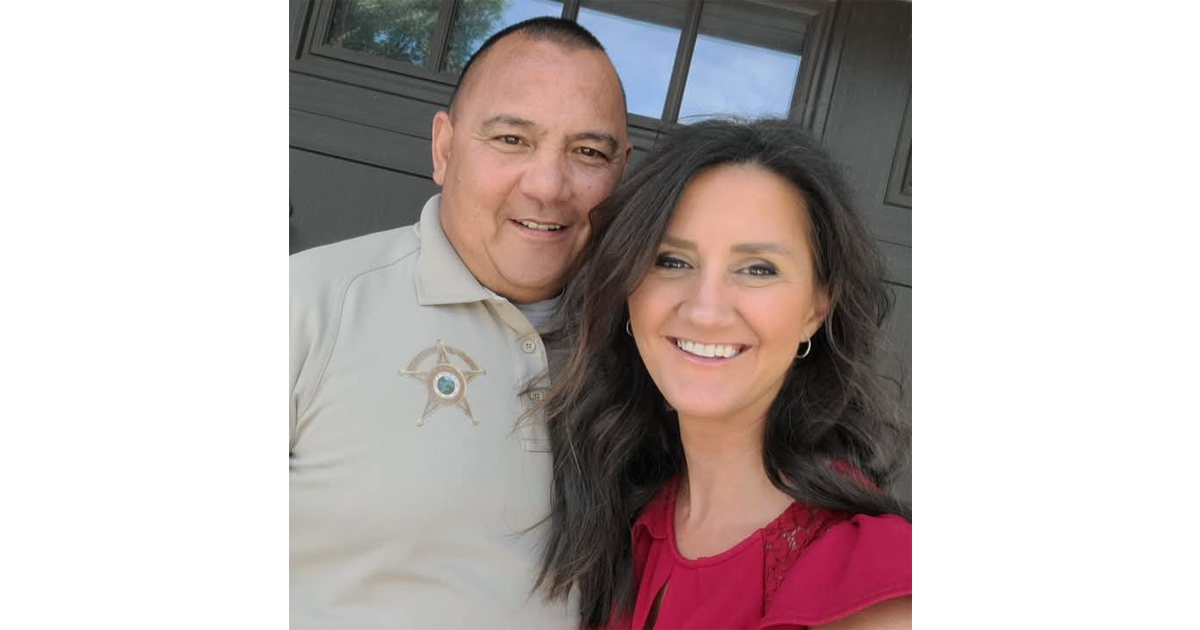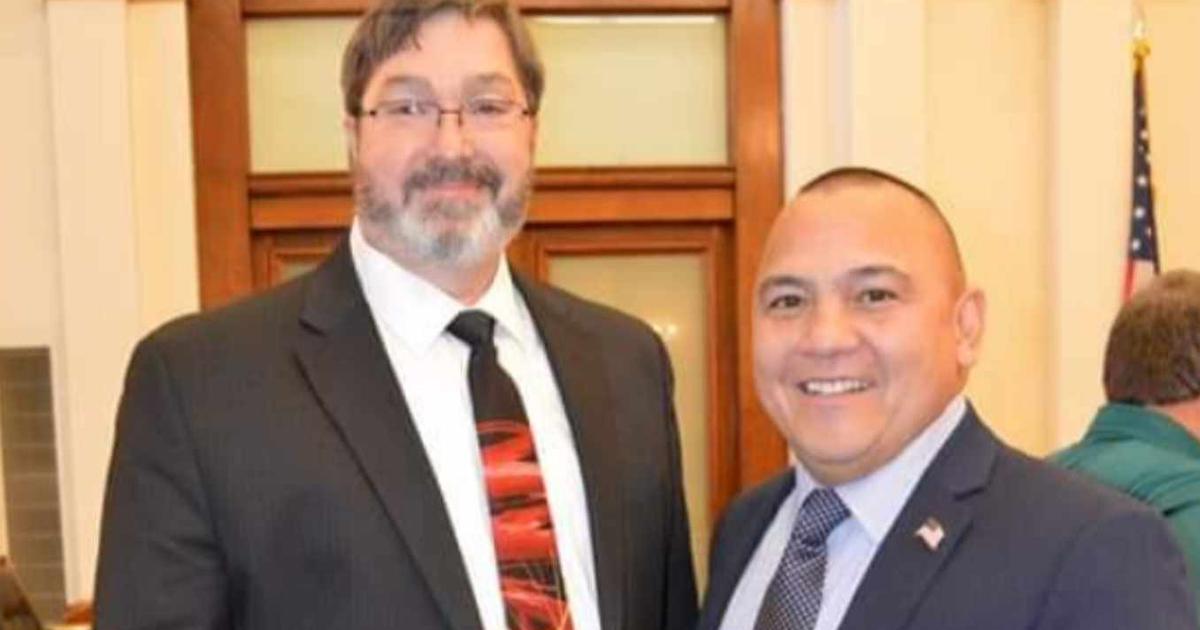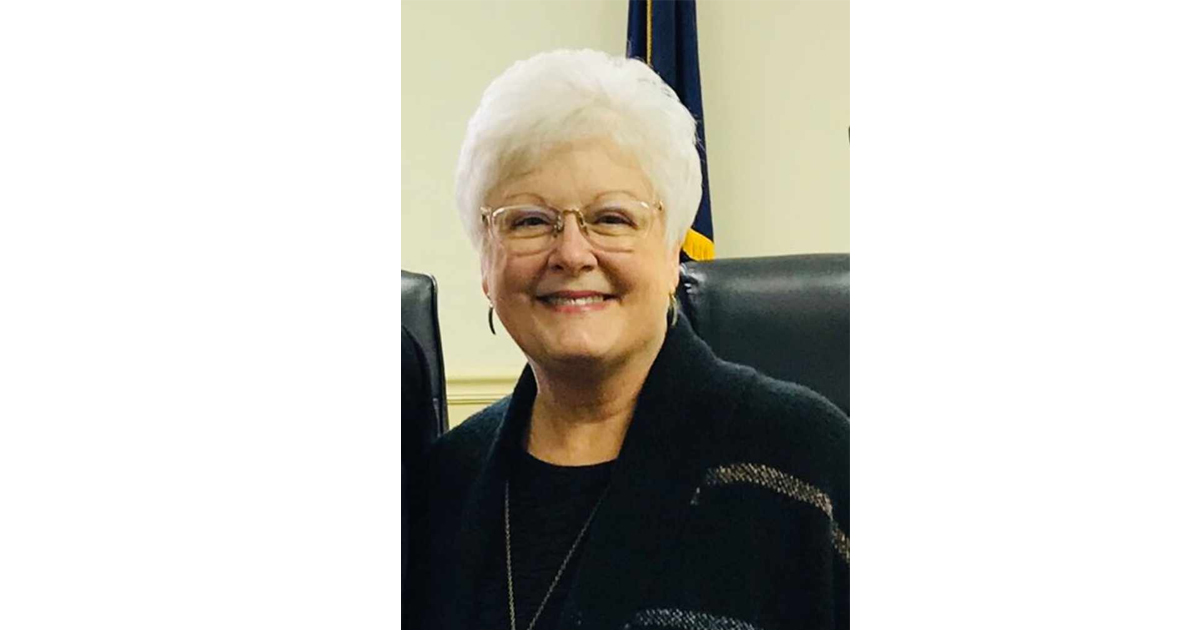Allegations of Editing State Board of Accounts Audit Report, New Trial Date Set
LEBANON, Ind. (April 23, 2025) – Attorneys for Clinton County Sheriff Richard Kelly and Jail Matron Ashley Kelly were in a Boone County courtroom to provide a status update on the large document drop just days prior to the start of the April 8 trial which resulted in the trial being delayed.
In the April 14 hearing, in answering questions from Boone County Judge Lori Schein, attorney for Mrs. Kelly, Mario Massillamany, shared that Clinton County Prosecutor Anthony Sommer and Clinton County attorney Tom Little were sending emails to the Attorney General office asking for the AG to join the civil case.
Attorney for Sheriff Kelly, Theodore Minch, added that in addition to those emails, new documents show they were actively editing the State Board of Accounts audit report on the Kellys and passing it back-and-forth.
A hearing on sanctions was not set – allowing the attorneys for Little and the Kellys to receive the promised privilege log of the newly received documents and to review the contents.
In an additional matter, Massillamany filed a motion to dismiss count #3 – criminal conversion – against Mrs. Kelly.
Criminal conversion is the act of knowingly or intentionally exerting unauthorized control over someone else’s property.
Massillamany’s argument was based on two documents he entered as exhibits A & B showing that Mrs. Kelly had authorized authority over the commissary funds.
Exhibit A was a 2021 written contract from an oral agreement between Sheriff Kelly and Mrs. Kelly to be the commissary manager at the same pay and duties as previous commissary managers.
Exhibit B was a written contract between Sheriff Jeff Ward and Nancy Ward, his wife, to perform the duties of commissary manager.
Massillamany noted the two agreements were identical but for paragraph 5 of Mrs. Kelly’s contract that made it retroactive to January 1, 2019.
Judge Schein asked special prosecutor Stanley Levco if Mrs. Kelly had a contract in place at the time she was put in place as commissary manager would he have filed conversion charges.
Levco was not the special prosecutor when charges were filed. Levco was appointed to the case in October 2024 after the previous special prosecutor – David Thomas – was elected judge in his home county.
Levco replied, had she had a contract at the time charges were filed – “maybe not. But she didn’t.”
The State filed its charges in 2022.
According to online case entries, the State filed a brief in response to defendant’s motion to drop count #3 on April 16.
Judge Schein took the matter under advisement.
A new trial date was set during the hearing.
Judge Schein informed the parties that the Clinton County courthouse will begin renovations soon and asked if there were objections to selecting a Clinton County jury and having the case in Boone County.
There were no objections and Tuesday, October 14 was selected after conferring with both sides on scheduling conflicts.









